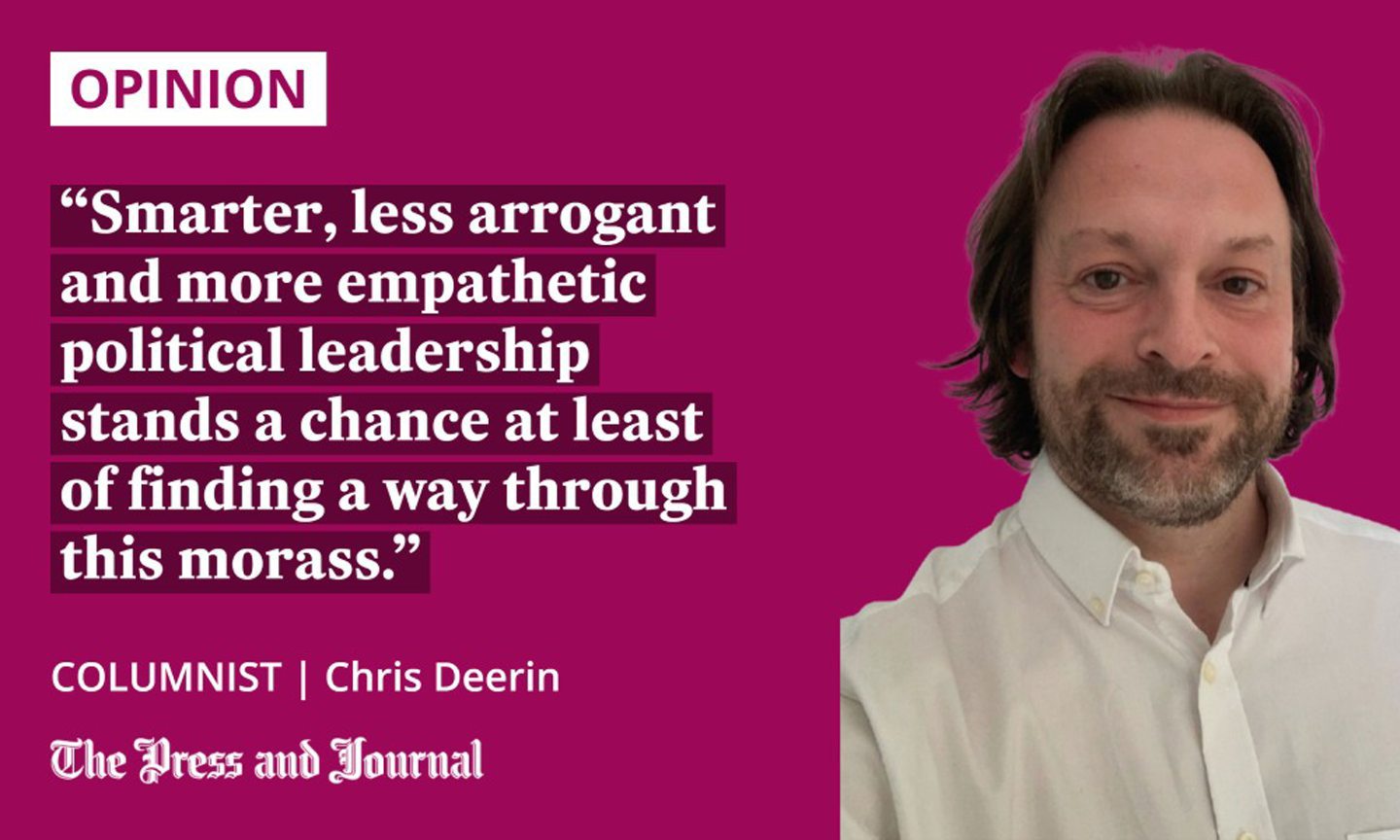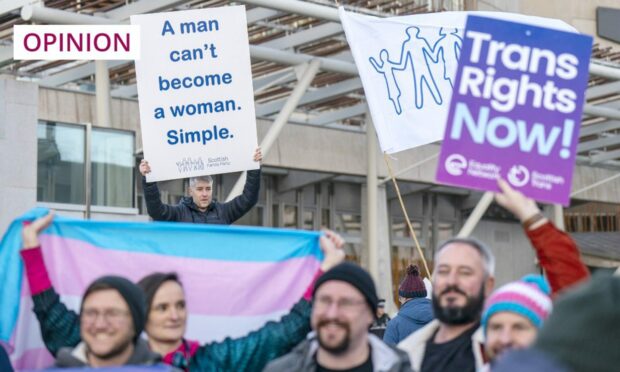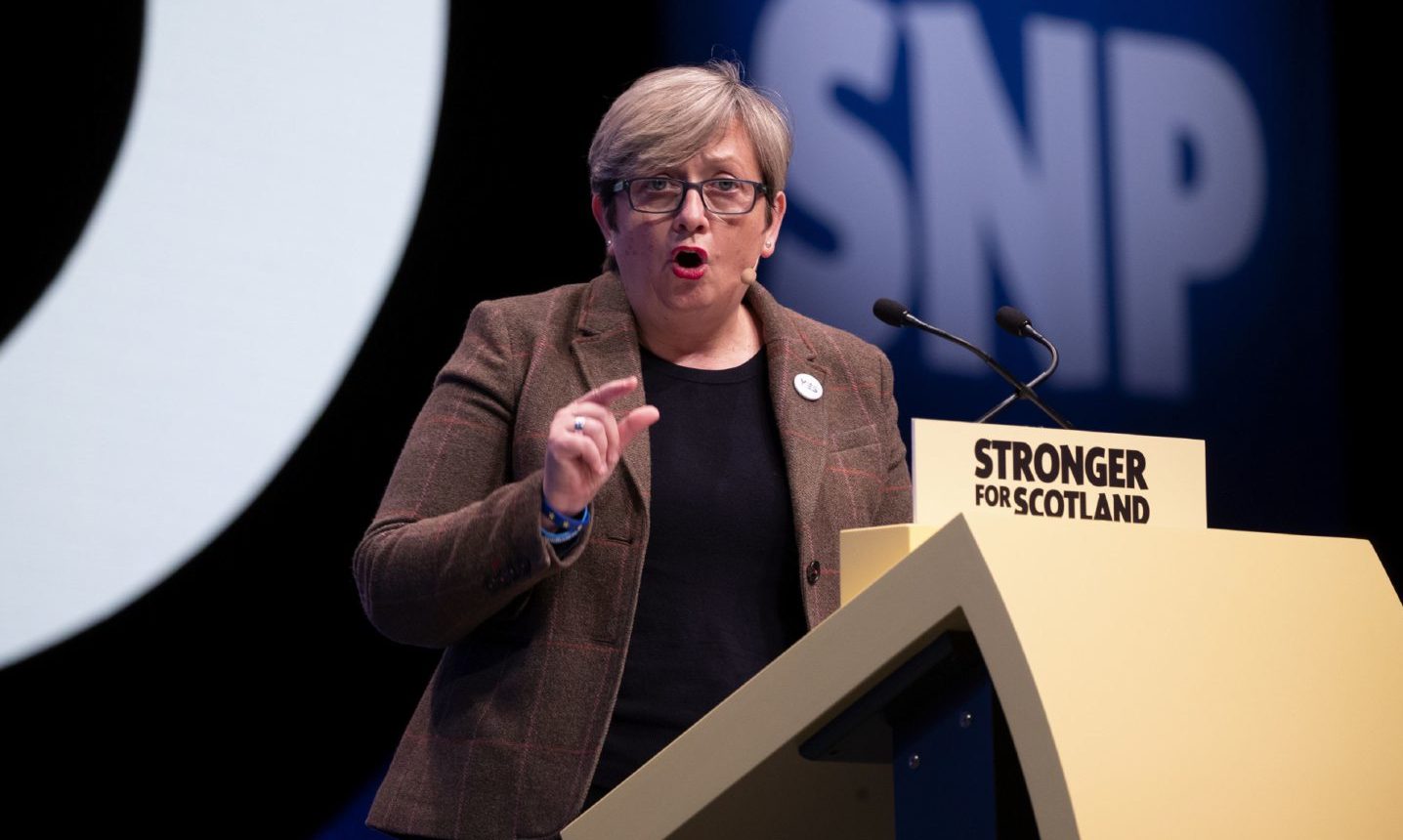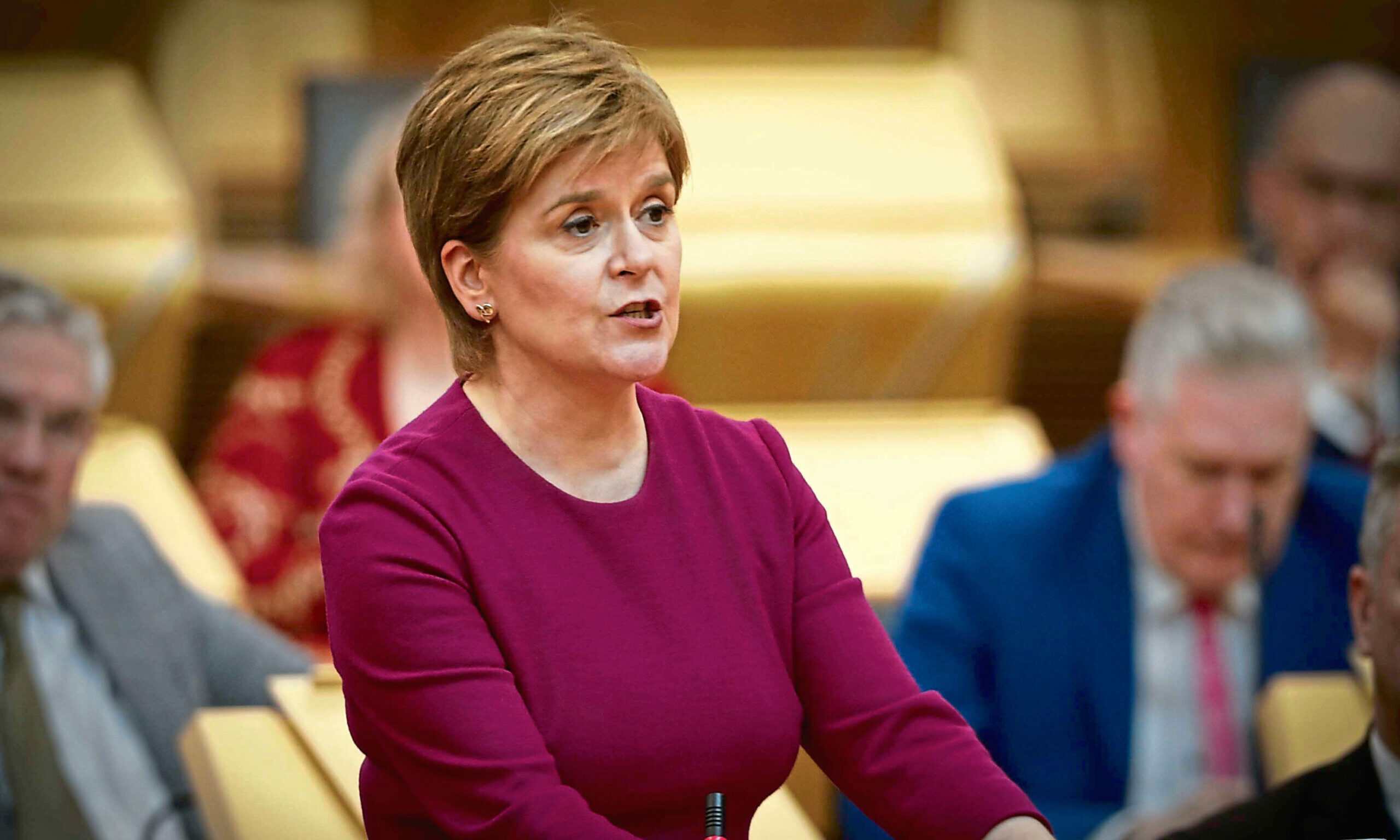Students have always liked to protest.
In medieval Italy, they rebelled against poor teaching quality at the University of Bologna. In more recent times, there has been a strong, and sometimes effective, youth presence in the campaigns against apartheid in South Africa, nuclear weapons, and controversial wars. Students have stood up for their own interests, too, taking to the streets over tuition fees, rising rents and austerity.
It’s great to be young. You will never be as sure of things, of what is right and wrong, at any other point in your life. You are intellectually raw, finding and shaping yourself, discovering causes, getting angry about what seem very obvious injustices.
As a student, you have the time and the sympathetic environment to think about and debate this stuff, to attend meetings that rile you up, to make banners and learn all the chants.
It’s also tough being young. You have still to learn that morality and ethics, especially in the public realm, must take account of shades of grey. You’re less likely to have met people who hold the opposite view to yours, and who are every bit as smart and informed. You needn’t care about the natural conservatism of the general public.

Grown-up politics, however, is the art of the possible, of compromise and give and take. Changing the national mood is usually a slow process, often requiring decades of work.
It took generations to shift the dial on even the greatest and most universal areas of discrimination, such as racism, women’s equality, anti-semitism and gay rights. Indeed, those struggles continue today.
In this light, it’s hard to think of a cause that has been as badly managed and ill-served as trans rights. Last week, protesters prevented the showing of the feminist documentary Adult Human Female at the University of Edinburgh for the second time. Masked activists blocked the entrance to the screening room, and security staff refused to risk physical confrontation by intervening. In such a threatening environment, those – mainly women – trying to attend had little choice but to go home.
This week, it emerged that an “in conversation” event with Joanna Cherry at this year’s Fringe has been cancelled by The Stand comedy club. Cherry, the SNP MP for Edinburgh South West, has been a leading voice in opposition to the Gender Recognition Reform Bill, which would introduce self-ID for transgender people. Staff at the venue, including management and box office workers, said they would be uncomfortable working at the show.
These are only two recent examples of the “no-platforming” of those who take a different view to the one held by trans rights campaigners – specifically of women who have identified a conflict between the protection of their hard-won, sex-based rights and the current Scottish Government proposals. The trans lobby seems to view this as a zero-sum issue – there is no appetite for discussion, only total victory.
Nicola Sturgeon’s polarising leadership didn’t help matters
Perhaps this should come as no surprise. After all, it is in keeping with the polarising leadership shown by Nicola Sturgeon on the matter. The former first minister’s handling of her gender reforms could almost be a case study in how not to do politics.
She adopted a radical position from the outset, refused to acknowledge concerns about the legislation – dismissing them as “not valid” – or attempt to bring the two sides together, and then found herself in knots over the issue of trans rapists being sent to women’s prisons.
Sturgeon also failed – barely tried, really – to win over an unconvinced public. The gender bill, which has been blocked by Westminster, is heading for the Supreme Court.
Sturgeon’s resistance to compromise and open, measured debate – a no-platforming in kind – backfired badly, and has only fuelled the rage of the absolutists who supported her position. Add in the poisonous impact of social media, with its anonymous rape and death threats, its unhinged torrents of abuse, and all that’s left is bitterness and division. There simply hasn’t been the climate or space for any sort of negotiated truce and the exploration of potential solutions.
‘We should be having sensible, adult dialogue’
There are two groups of victims in all this: trans people, who lead difficult lives and who would benefit from a more considered and publicly supported liberalising of the law, and women who have faced abuse and violence for refusing to roll over. I genuinely don’t know anyone who doesn’t have some sympathy with both. But, if anything, the cause of the former has been set back by the aggressive, extremist behaviour of its activists.
After the screening of Adult Human Female was scrapped, a spokesperson for Edinburgh Academics for Academic Freedom said the university should convene a meeting between both sides to “take the temperature down”.
“We’ve asked many, many times to have a decent conversation about how we can go forward together,” she added. “My view is, we have a conflict of rights: what do you do when you have a conflict of rights? You have a reasonable discussion about how that is resolved. We should be having sensible, adult dialogue.”
This is exactly right, not just between the university and its students, but at a national level. Smarter, less arrogant and more empathetic political leadership stands a chance at least of finding a way through this morass. In the end, if you refuse to pursue the art of the possible, then all you are left with is the impossible.
Chris Deerin is a leading journalist and commentator who heads independent, non-party think tank, Reform Scotland



Conversation